You have most likely seen a lot of talk on the news or in social media about subjects that some parents and pundits believe should not be taught in school, i.e. Critical Race Theory. Many teachers are being instructed to steer clear of political conversations, an all too common policy.
We asked the Stories From School Bloggers some questions about the work they are doing in their classrooms. 1) How are so-called taboo topics handled by you and your administration? 2) Do you actively avoid controversy? 3) How do you help students learn to have tough conversations in a civil setting?

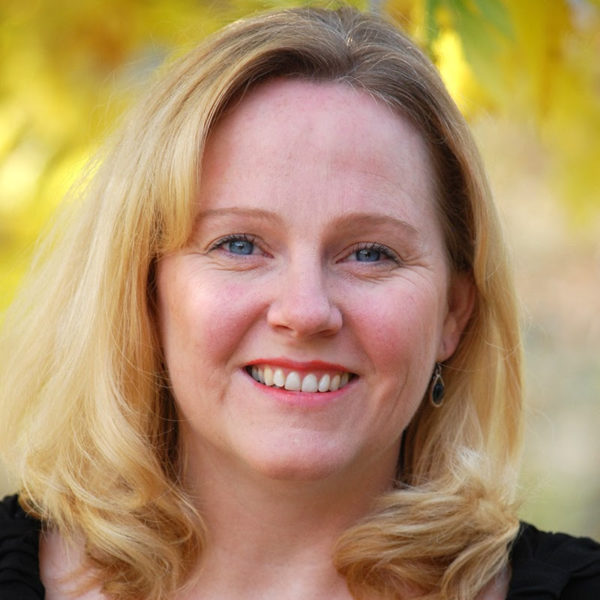
Gretchen: Building Critical Thinking Skills First
With hot topics, minds and hearts are already closed. Yelling mouths tends to be the only thing open. For me, there are far more effective ways to reach the same goal of helping students to engage in difficult conversations in a civil manner than hammering on hot spots. I use direct instruction to build critical thinking skills about far less “hot-button” topics with my students. We then apply them to real life.
For example, we do unit about how the Supreme Court decides cases and how every word of the Constitution is examined for historical and current meaning as it applies to the cases. We start with less volatile, but engaging areas -Love the Fourth Amendment!- and really dig into word definitions and logic (or logical fallacies) that may accompany the arguments. We then work our way into the big ones -…the First and Second Amendments!
Denisha: Holding Educators Accountable for the Learning
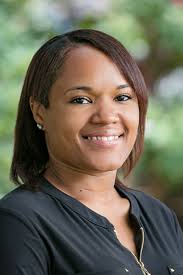
The problem is that so many educators have the privilege to ignore the structural racism that is the foundation of the education system, and that continuously contributes to the oppression of the BIPOC community.
With this privilege, students are left to their own devices (social media) to stay current and to vocalize their thoughts on the current social unrest, or to weigh in on discussions around race, or gender identity.
I am fortunate to work in a building where everyone says they are willing and at least wants to learn more about how to engage in “tough conversations.” We have an equity team, we have daily announcements, and weekly lessons around equity, and we have staff PD’s around race. None of this translates into actual conversations.
Some are doing the lessons, nothing more. Some are not doing the lessons. Some are skimming the lessons. Some are finding the right time to do the lessons. Either way, it’s not enough. If a teacher didn’t offer math lessons, it would be grounds for a low evaluation, and a growth plan would be put into action before termination.
We need to hold districts accountable for teachers engaging in the necessary PD’s to feel confident and competent. SEL and conversations around race, equity, and inclusion are just as important as Friday’s algebra lesson. These conversations will change lives, open minds, and heal hearts!
Jan: Educating Tomorrow’s Citizens
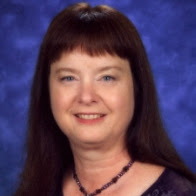
I will be teaching the 20th century in social studies this year, but I started the year by reading a Tribal Acknowledgment; Suquamish Elementary sits on Suquamish land. My class had SO many questions, so the next several days I spent sharing Suquamish history from the earliest human habitation in the region to the Boarding Schools that continued into the 20th century.
While my students were appalled at how badly the Euro-American settlers treated the Suquamish, especially after they had helped them survive the first harsh winters here, they also were able to see that some of the abuses were no longer in effect. For example, the city of Seattle banned all Native Americans from the city limits, but my students said they had been to Native cultural events in the city. Clearly, things had changed.
Again, the stories about the Boarding Schools were heartbreaking. But the Suquamish children now go to Suquamish Elementary.
It’s important for children to understand the good and the bad of history, and it’s important for them to see that things can improve.
Finally, when I asked kids what they learned that was important, one answered, “I learned my country doesn’t always do the right thing.” Learning that our government–even with the best of intentions–still makes mistakes is a valuable lesson. Having an educated electorate means having citizens who pay attention and evaluate what their leaders are doing. The first step is letting kids know they might need to do that.
Lynne: Fostering a Safe Atmosphere for the Tough Topics
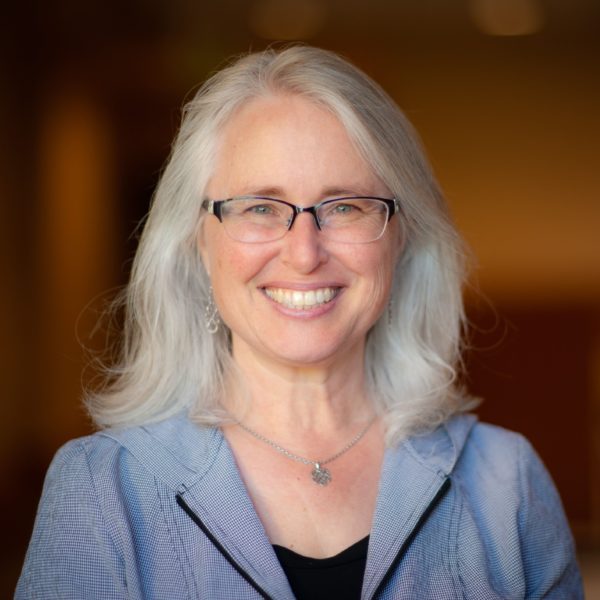
I believe that part of our problem as a society is our inability to participate in discourse when multiple viewpoints are present. As educators, we can impact our nation’s future rather directly by facilitating the skills young people need to navigate discourse.
Parents in my district tend to be wary of teachers touching on controversy. Although I am not reckless in my introduction of controversial topics, I do instruct my students on discussion protocol. Then I work diligently to foster a safe atmosphere for students to discuss more and more sensitive topics.
Generally, the students choose the topics, and I provide protocols, guiding questions, and mediation as needed. And, you know what? These kids are amazing! We don’t give our young people enough credit for how well they can manage discourse, like a good Socratic seminar or a debate. However, they are initially very leery of anything political, because they know what it is like on social media, and few kids really want to dive into that mess.
On a side note, the staff in our district are specifically forbidden by our administration to discuss the vaccine. No joke. We were told that there were to be absolutely no conversations about the vaccine in our school. One substitute teacher broke that rule, and they are no longer welcome in our district. And, with the sub shortage, you know that is serious!
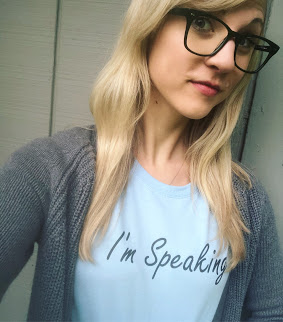
Emma-Kate: Engaging Curiosity for the World around Us
I absolutely believe that teaching is political; it’s our job to teach critical thinking and dismantle systems that create barriers for students. My students read news articles every week, and we read literature outside the canon because I want them to engage with the world around them with curiosity and a critical eye. In many perspectives, what I teach would fall under the (falsely defined) CRT umbrella.
I’m fortunate that my principal believes in equity work, and stands behind me and my teaching philosophy. We’re wrestling with a lot this year: How do we meet our most equity reluctant colleagues where they are? In what ways can we change discipline and MTSS to ensure our system serves all students? How does our instruction center student agency and honor the dignity of our community?
We definitely don’t have answers, but we are constantly asking the right questions.

Your turn:
How is it going in your district? What are you doing to facilitate those tough conversations? Let us know in the comments.